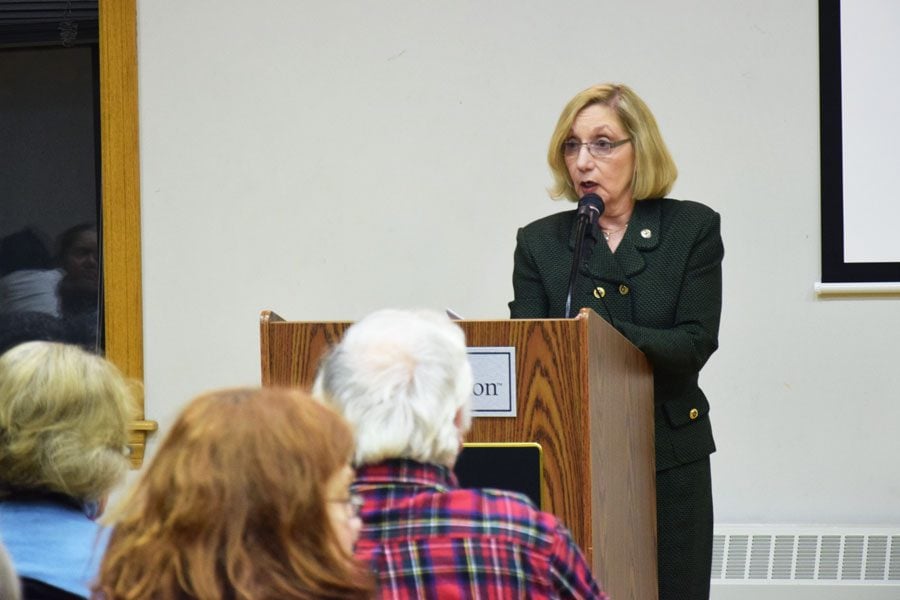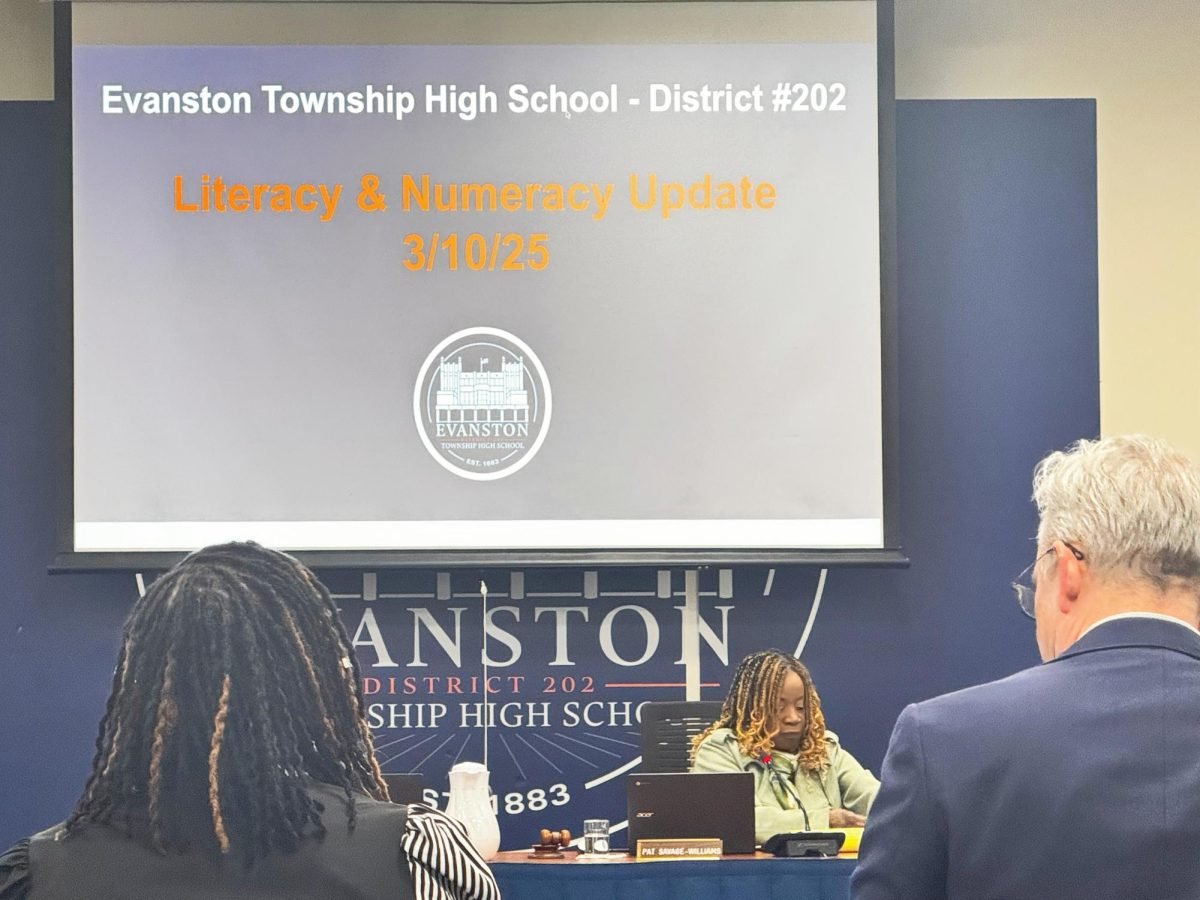State Rep. Robyn Gabel (D-Evanston) introduced a long-contested measure in the State House on Jan. 14 that would allow mentally capable, terminally ill patients the choice to end their own lives.
Assistant Majority Leader and State Sen. Linda Holmes (D-Aurora) introduced a companion version of the End-of-Life Options Act, which would authorize medical aid in dying, in the State Senate the day prior.
Medical aid in dying — sometimes referred to as medically assisted death — is a practice in which a physician provides a prescription for a lethal medication to a terminally ill, mentally competent patient. It comes at the patient’s request, and the patient self-administers the medication.
“We believe that the End-of-Life Options Act in Illinois, as well as the other 11 jurisdictions where similar laws are in place, provide people with autonomy at the end of life, and give terminally ill people the peace of mind in the event that their suffering becomes unbearable,” said Callie Riley, the regional advocacy director of Compassion & Choices, an organization that advocates for end-of-life care options.
Oregon was the first state to legalize medical aid in dying through a ballot initiative in 1994, although the law did not take effect until 1997. Since then, nine other states and the District of Columbia have authorized the practice.
In 2020, Evanston considered a resolution that would have encouraged the Illinois government to pass legislation to allow medical aid in dying, although it was dropped after receiving mixed responses.
While the push for this iteration of a medical aid in dying bill began in Illinois last fall, similar legislation has been introduced in the past. Gabel said this year, advocates are “convinced” they can pass it.
“The bill has been around long enough,” Gabel told The Daily. “People have had an opportunity to really understand it. They’ve had an opportunity to meet with constituents in their own districts who have come to explain to them why they believe it’s so important, and I think that this year’s the time.”
Gabel noted that meeting with constituents and local groups in her district has had a significant impact in her understanding of the bill’s importance for those with terminal illness.
Access Living, an advocacy group for people with disabilities, firmly opposes the bill.
The organization’s Vice President of Advocacy, Amber Smock, said many people with disabilities face significant bias in health care, and that this bias would influence the frequency at which they would be administered a prescription to end their own lives.
Smock said there would be a real concern that some people with disabilities could be pressured into ending their lives, particularly in the event that doctors or family members push for cheaper end-of-life options rather than providing necessary support.
“The system that abuses people with disabilities is the same system that makes those end of life options possible,” Smock said. “It’s very hard for people with disabilities to trust that society doesn’t actually want us to die.”
Both Gabel and Riley denied the legitimacy of this stance. They pointed to the numerous safeguards and parameters built into the act to prevent malpractice.
For example, two physicians must confirm that the patient has a prognosis of six months or less to live. Patients must also make two oral requests for the medication and submit a written request witnessed by two individuals, one of whom has no financial interest in the patient’s estate. Finally, the patient must self-administer the medication.
“Taken together, we find that those safeguards, which are universal in the laws that we have worked on in states across the country, protect people with disabilities from coercion or abuse under medical aid and dying policies,” Riley said.
Smock said, in place of medical aid in dying, Access Living advocates for better funding and availability of hospice and palliative care.
Riley said the two are not mutually exclusive.
“A lot of people hear Compassion and Choices advocate for medical aid in dying laws as advocacy for individual people to choose medical aid in dying as an option,” Riley said. “In fact, we simply want every person to be able to make a decision about the end of life care they do or don’t want in accordance with their own values, priorities and beliefs.”
Email: sophiebaker2028@u.northwestern.edu
Related Stories:
— City Council votes to continue medical aid in dying discussions before voting on proposed resolution
— Evanston activists hope to introduce medical aid in dying resolution
— State House Majority Leader Robyn Gabel projected to win reelection






